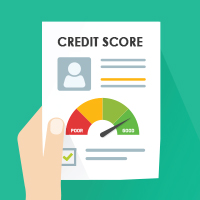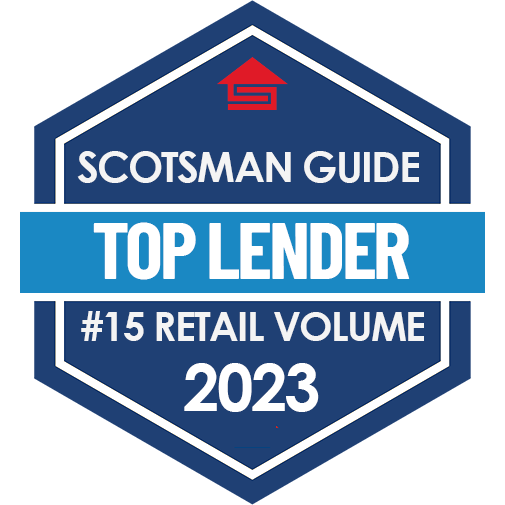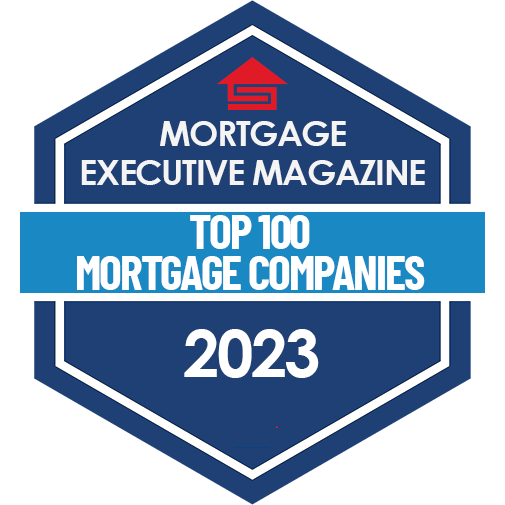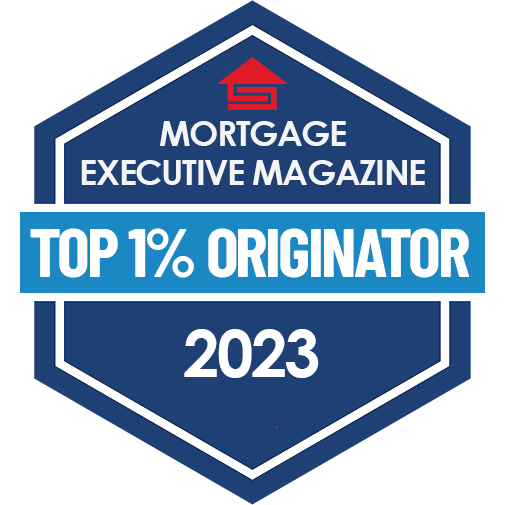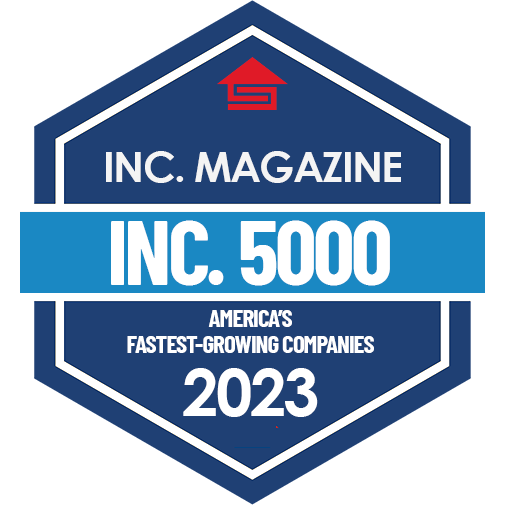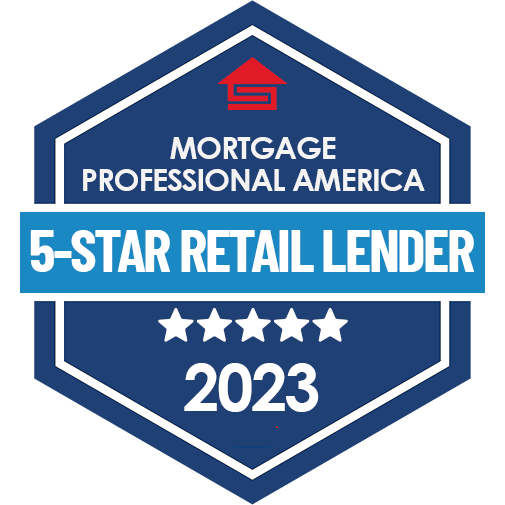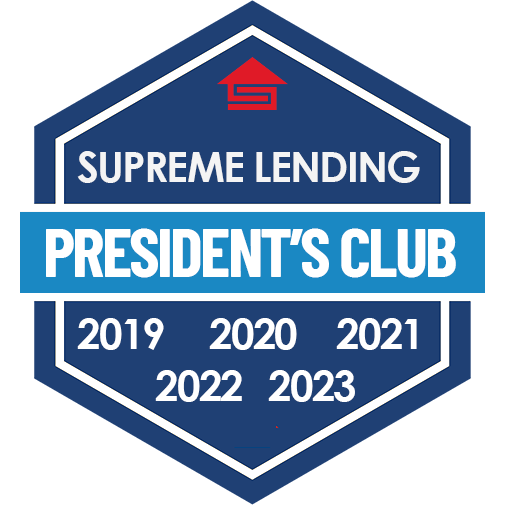What is a conventional home loan?
A conventional home loan also known as a conforming home loan is a mortgage loan that is not guaranteed or insured by the federal government, and follows loan guidelines set out by Fannie Mae and Freddie Mac. Conventional home loans can be broken down into “conforming” and “non-conforming” loans. A conforming loan means that the loan meets the requirements to be sold to Fannie Mae or Freddie Mac which are government-sponsored enterprised that purchase mortgages from lenders and sell them to investors. This free's up a lenders capital so that they can continue to help buyers purchase / refinance their homes. In general, conventional loans have stricter credit requirements than government loans such as FHA, VA.
What are some of the benefits and requirements of a Conventional Home Loan?
- The minimum downpayment requirement for qualified First Time Home Buyers is 3%.
- If you dont meet the requirements of a First Time Home Buyer the minimum downpayment is 5%.
- PMI (Private Mortgage Insurance) is required if the LTV Ratio (Loan-To-Value Ratio) is less than 20%. The good news is that unlike FHA loans, the PMI is cancelable once you have 20% equity in the property.
- A minimum FICO credit score of 620 is required to qualify.
- For most conventional loans, your DTI Ratio (Debt-To-Income Ratio) needs to be lower than 45% but there are some scenarios where your DTI can go as high as 50%. Your DTI is a percentage that determines how much of your income is spent towards monthly debts. You can calculate your DTI by adding up the minimum monthly payments from your debts (Credit Cards, Student Loans, Car Loans) and dividing it by your gross monthly income.
- Loan Limits: For a conventional loan the maximum loan that you can qualify for effective January 2024 is $766,550. There are some exceptions to this limit in "high cost areas" such as Alaska, Hawaii, and some areas in the state of California. Click Here to look up loan limits

